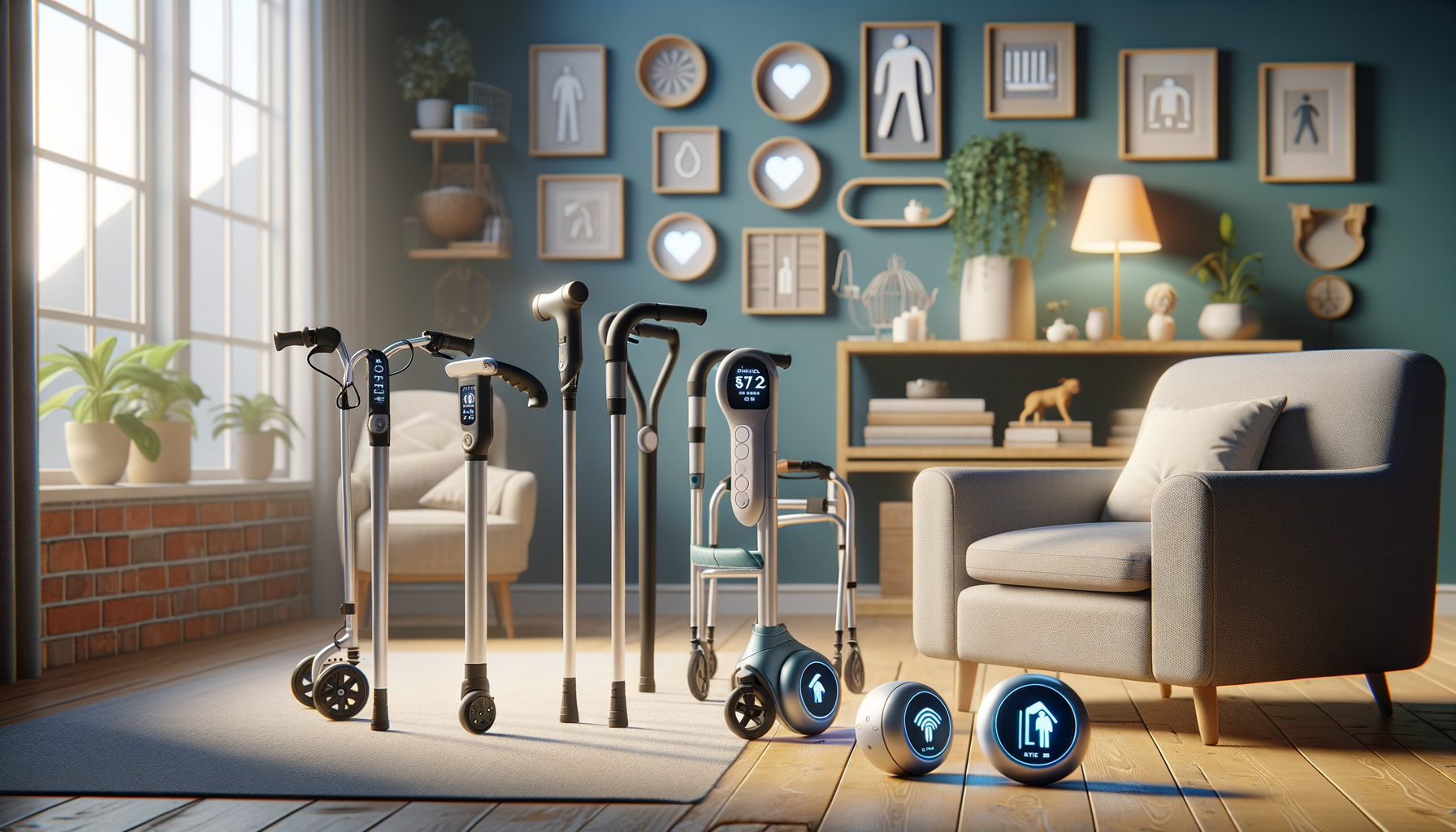
How Smart Walking Aids Are Supporting Independent Living for Seniors
The Evolution of Walking Aids
Walking aids have come a long way from the simple wooden cane or basic walker. Today, they are equipped with advanced technology and innovative designs that cater to the specific needs of seniors and individuals with mobility challenges. The evolution of walking aids has been driven by the desire to enhance user independence, comfort, and safety. Modern walking aids now include features such as ergonomic handles, lightweight materials, and adjustable heights to accommodate different users. Additionally, many devices are foldable, allowing for easy storage and portability. These advancements have made walking aids not only functional but also more appealing to users who wish to maintain an active lifestyle.
Smart Walking Aids: A Technological Leap
Smart walking aids represent a significant technological leap in the realm of mobility devices. These aids often come equipped with sensors that detect obstacles, GPS for location tracking, and even emergency alert systems. Such features are particularly beneficial for seniors who may be at risk of falls or those with cognitive impairments. For instance, some smart canes can alert caregivers if the user falls, providing an added layer of safety. The integration of technology into walking aids not only enhances safety but also empowers users by providing them with more control over their mobility. As technology continues to advance, we can expect these devices to become even more intuitive and user-friendly, further supporting independent living.
Walking Aids for Seniors: Tailored for Comfort and Safety
Walking aids designed specifically for seniors focus on comfort, safety, and ease of use. These devices are typically lightweight yet sturdy, ensuring that users can maneuver them with minimal effort. Features such as padded grips, non-slip tips, and shock absorption are common, reducing the risk of strain and injury. Many walking aids for seniors also offer adjustable heights and customizable options, ensuring a perfect fit for each individual. The emphasis on safety is evident in the design of these aids, with wide bases and stable frames that provide reliable support. By prioritizing user comfort and safety, these walking aids help seniors maintain their independence and confidence in daily activities.
Independent Living Devices: Beyond Walking Aids
While walking aids are crucial for mobility, independent living devices encompass a broader range of tools designed to assist with daily activities. These include items such as grab bars, shower seats, and reachers, which help users perform tasks safely and independently. The goal of these devices is to reduce reliance on caregivers and promote self-sufficiency. For seniors and individuals with disabilities, independent living devices can significantly enhance quality of life by enabling them to engage in everyday activities with greater ease. The market for these products is continually expanding, with new innovations aimed at addressing specific needs and preferences, ensuring that users can maintain their independence for as long as possible.
The Future of Mobility Aids: Innovation and Accessibility
As the demand for mobility aids continues to grow, so does the potential for innovation in this field. Future advancements are likely to focus on enhancing accessibility and personalization, ensuring that devices cater to a diverse range of users. Emerging technologies such as artificial intelligence and machine learning may play a role in developing smarter, more adaptive aids that respond to the user’s environment and behavior. Additionally, the emphasis on sustainability and eco-friendly materials is expected to influence the design of future walking aids. By prioritizing innovation and accessibility, the industry can continue to provide solutions that empower individuals to lead active, independent lives.